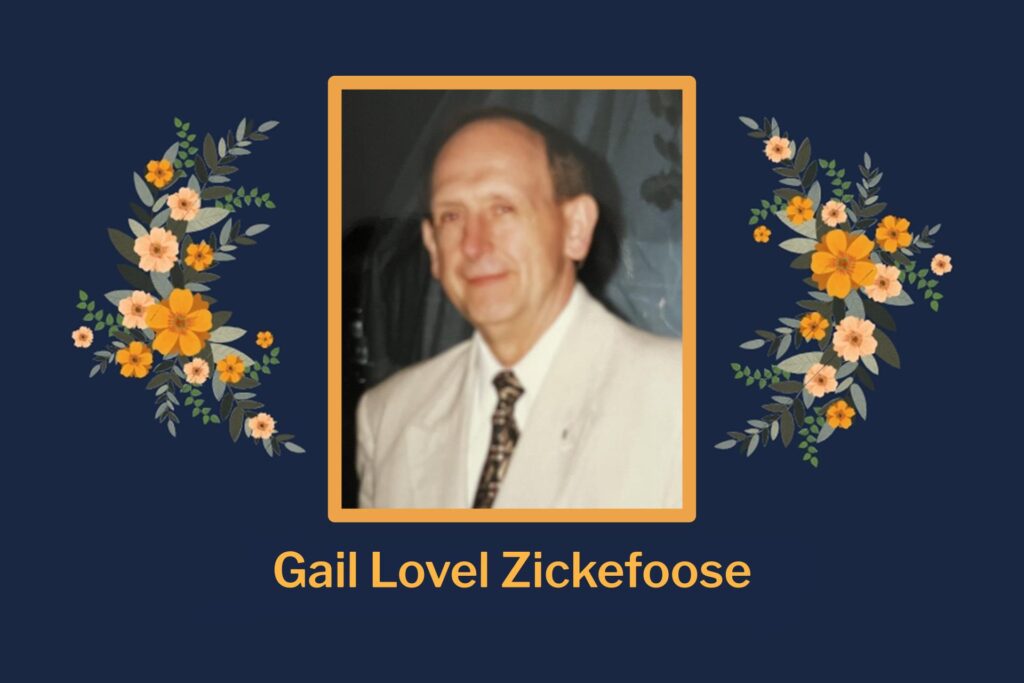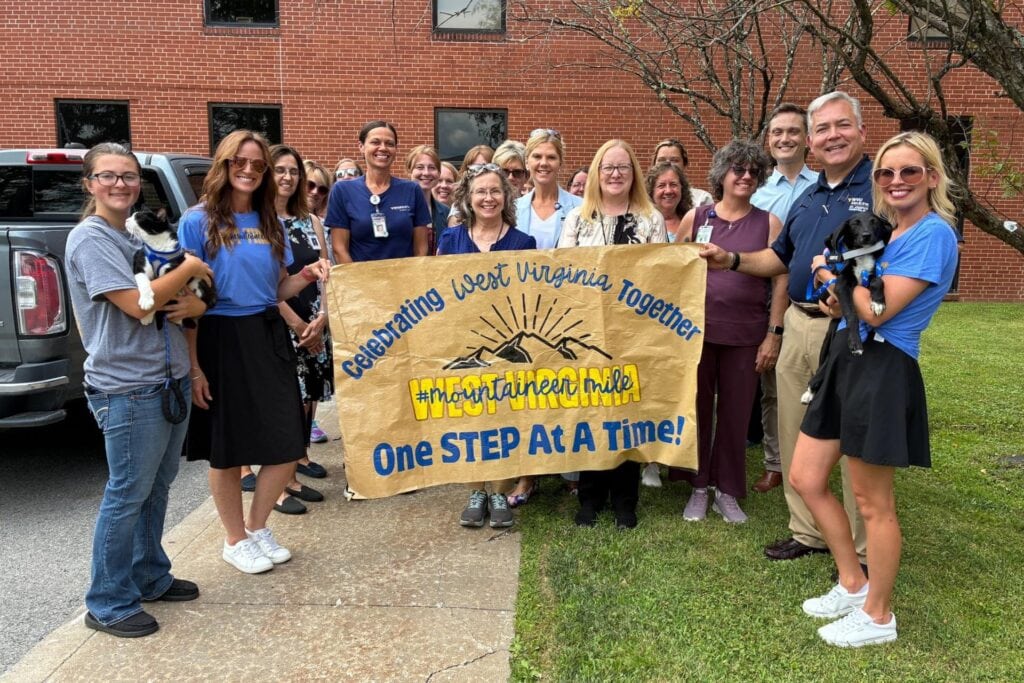Members and advocates of the pancreatic cancer community are mourning the loss of Supreme Court Justice Ruth Bader Ginsburg. Justice Ginsburg passed away on Friday, September 18 due to complications from pancreatic cancer.
Justice Ginsburg was first diagnosed with early stage pancreatic cancer in 2009. She had no symptoms of the disease at the time – it was discovered during a regular checkup. She had surgery to remove the body and tail of her pancreas, along with her spleen. Afterward, she said the experience gave her “an enhanced appreciation for the joys of being alive.”
During the summer of 2019, a tumor was detected on her pancreas, and a biopsy was performed. This past July, Justice Ginsburg announced she was receiving treatment for a cancer recurrence to her liver. She had numerous bouts with cancer, including colon cancer in 1999, and in late 2018, cancerous nodules were removed from her left lung.
Dr. Brian Boone, pancreatic cancer surgeon and researcher at WVU Medicine, who devotes his research efforts to discovering better ways to treat pancreatic cancer, had this to say: “Justice Ginsburg fought valiantly for 11 years before succumbing to pancreatic cancer. Sadly, like so many patients with pancreatic cancer, the best available surgery and treatments failed to provide a cure. We desperately need to continue research to better understand why pancreatic cancer is so aggressive and to advance new treatment approaches that improve outcomes for patients affected by pancreatic cancer.”
Justice Ginsburg’s death comes just two months after the death of Georgia Congressman John Lewis, also due to pancreatic cancer.
Annette Fetty-Santilli, West Virginia Community Partner for the Pancreatic Cancer Action Network (PanCAN,) said, “We mourn the loss of two civil rights icons, Justice Ginsburg and Congressman Lewis. I urge all West Virginians to take action against pancreatic cancer. The five-year survival rate of pancreatic cancer patients is only 10%. Even though the survival rate has increased over the past few years, it is not enough. Pancreatic cancer is the third leading cause of cancer death in the United States. PanCAN continues to work diligently to change outcomes for patients, but we need more people to get involved and help create awareness as well as raise fund for critical research.”
Senator Joe Manchin, Senator Shelley Moore Capito, and Congressman David McKinley are all members of the Caucus on the Deadliest Cancers, including pancreatic cancer.
“We are very grateful to these three members of our Congressional Delegation for helping to garner additional resources to fight pancreatic cancer,” says Ms. Fetty-Santilli. “Congressman McKinley was instrumental in the United States House of Representatives approving $15 million to the Department of Defense’s Pancreatic Cancer Research Fund. This funding appropriation request now moves over to the United States Senate for their approval as part of the budget process.”
Pancreatic cancer has the lowest five-year survival rate of any major cancer in the United States at only 10 percent. In 2020, more than 57,000 people will be diagnosed and approximately 47,000 will die from the disease.
For more information about pancreatic cancer, PanCAN, or Pancreatic Cancer Awareness Month in November, persons may refer to www.pancan.org or the Facebook group page: West Virginia – Pancreatic Cancer Action Network, or contact Annette Fetty Santilli at 304-621-3648 or asantilli@pancanvolunteer.org.













